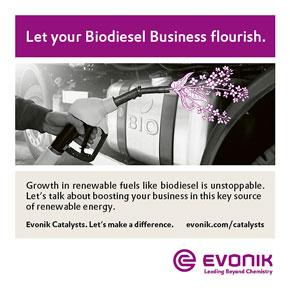DHL to transition fuel stations from diesel to HVO by year’s end
HVO fuel is now actively being rolled out across the majority of its on-site fuelling stations throughout the UK, enabling DHL to assess operational processes and the performance of the fuel.
With installation scheduled for completion by the end of the year, transitioning to HVO fuel will deliver 80-90% carbon savings compared to diesel; with an estimated total of 15,000 tonnes of CO2e savings being expected to be delivered.
Saul Resnick, CEO, DHL Supply Chain UK & Ireland said: “The installation of HVO fuel across our bunkered sites represents a critical moment in our multi-fuel decarbonisation strategy.
“HVO improves our service to customers by introducing a low-carbon renewable alternative fuel with minimal disruption. As an industry leader, we are rolling out HVO at scale and with impressive pace, to deliver immediate and substantial carbon savings while we continue to work towards viable zero-emission alternatives.
“We are extending an invitation to our customers to join us on this transformative journey, and actively collaborate with us in adopting these greener alternatives, we can provide them with a powerful tool to make their supply chains greener.”
More than six million litres of HVO fuel will be rolled out within DHL’s on-site fuelling stations this year, replacing diesel in 20 locations across the UK.
In 2024, the business plans to install additional fuel bunkers across its network, increasing its use of HVO fuel to over 24 million litres, and with the effect of a full year, the carbon savings impact will be even greater.
The roll-out of HVO fuel in the UK brings to life DHL’s recently announced Green Transport Policy, a global standard on the most suitable green alternative per market. The Policy comes with an investment of around 200 million euros in alternative technologies and fuels to reduce close to 300,000 tons of CO2 emissions in the next three years in partnership with customers.












